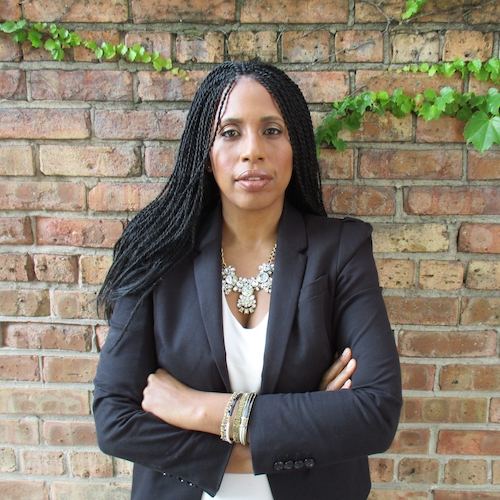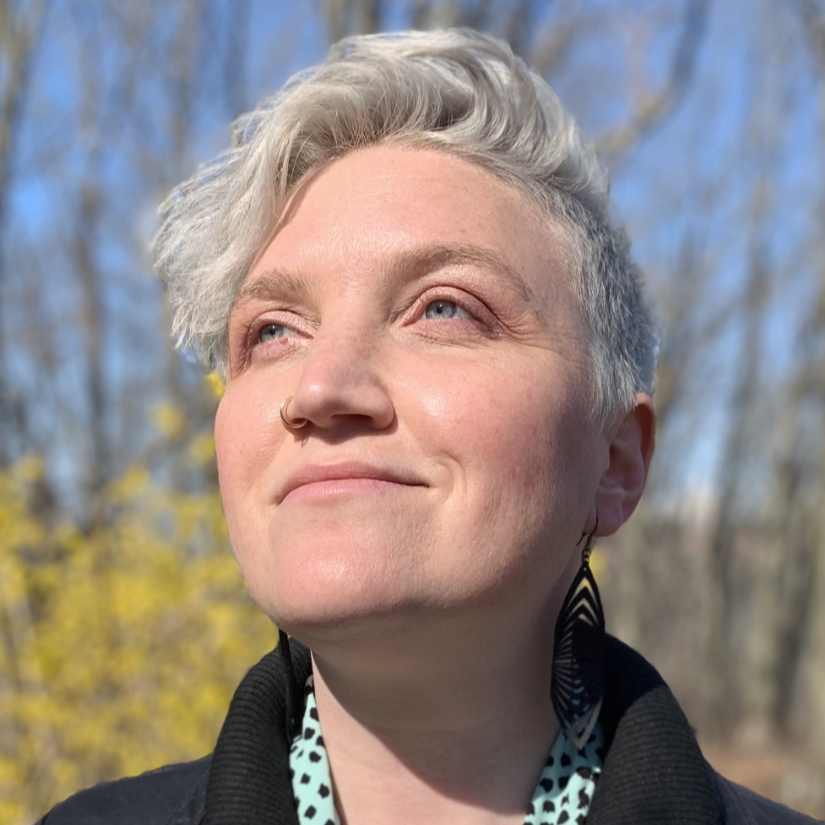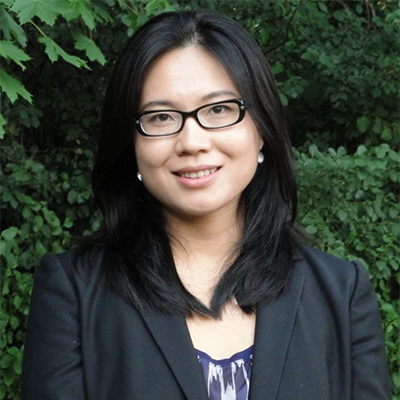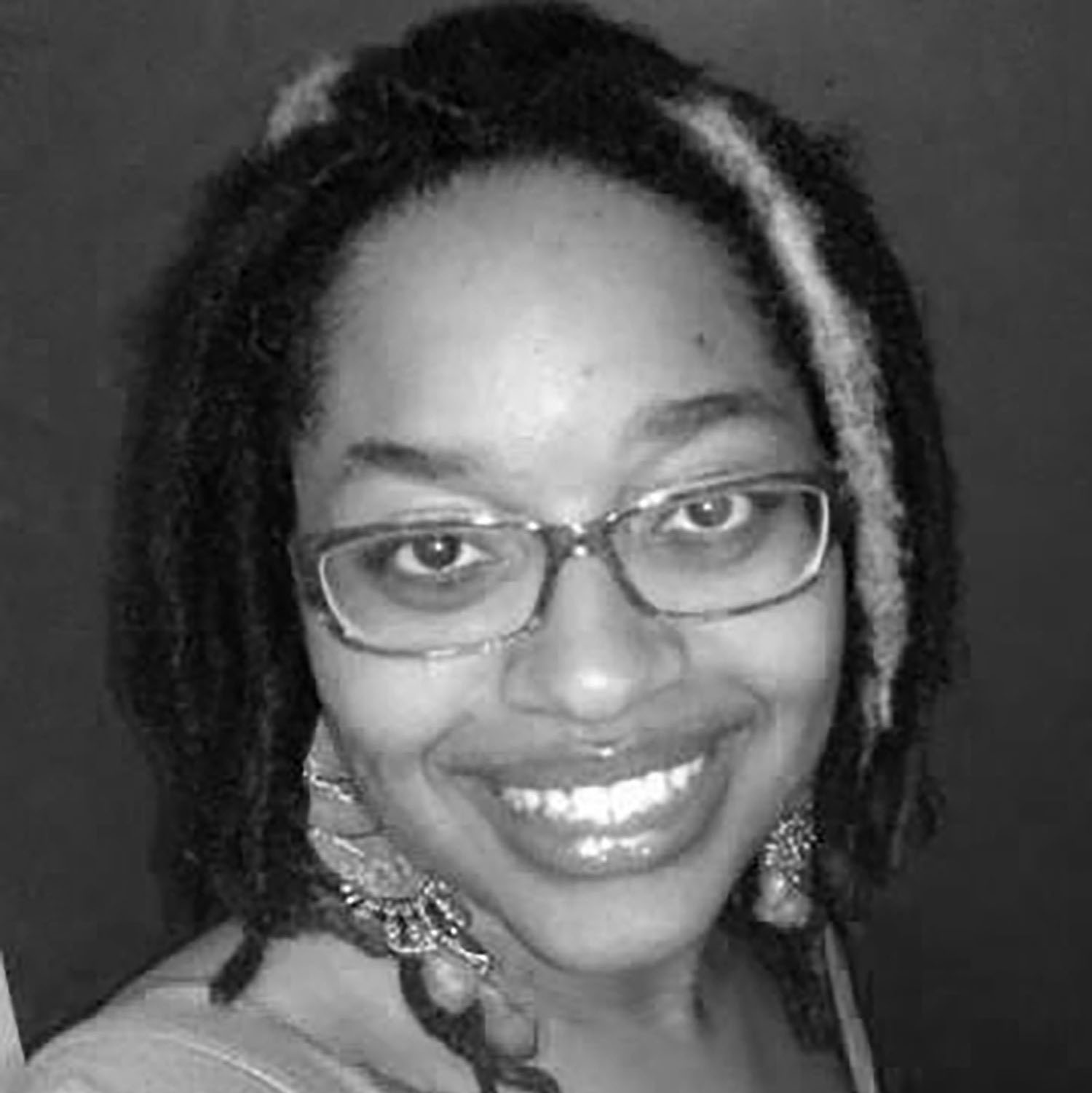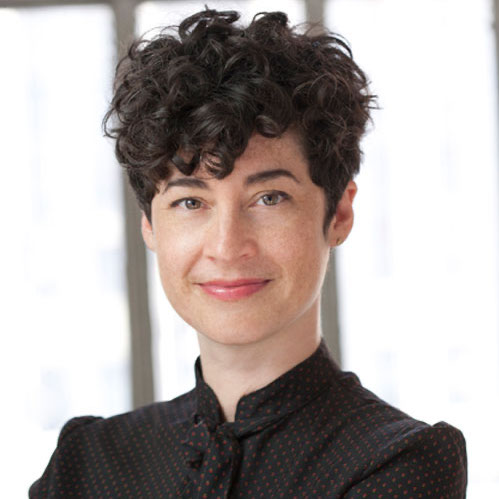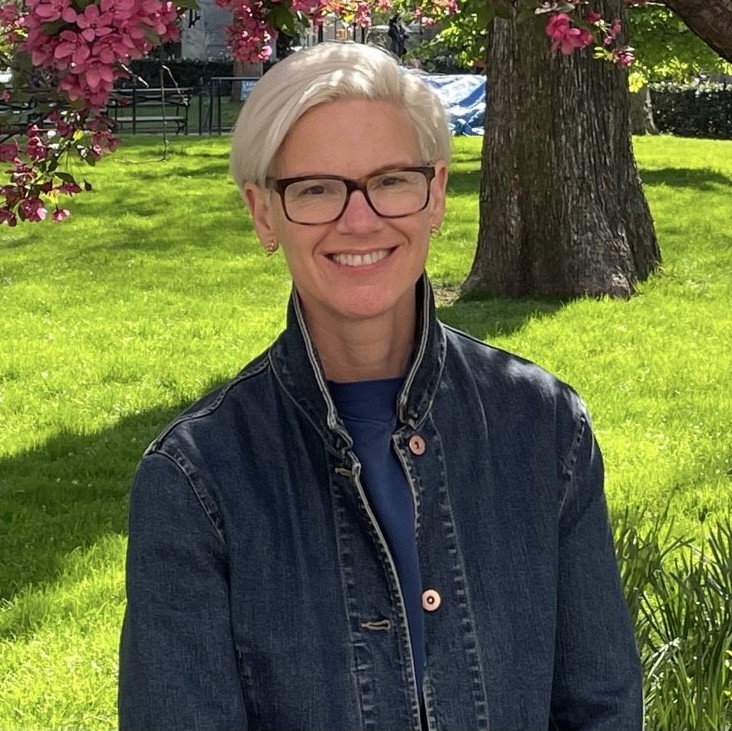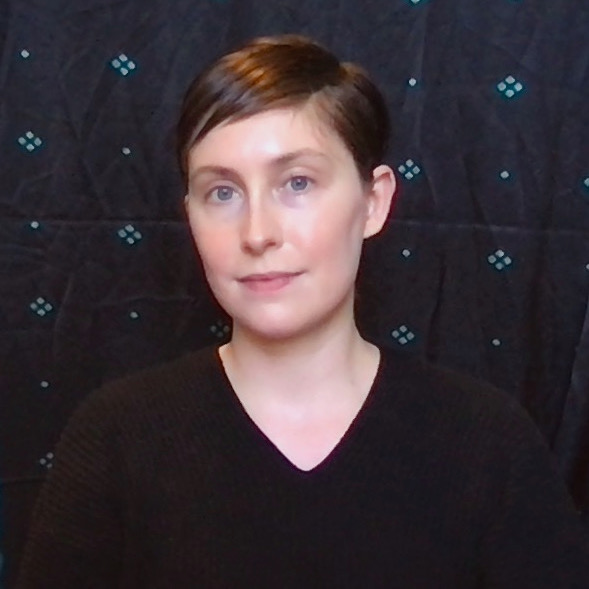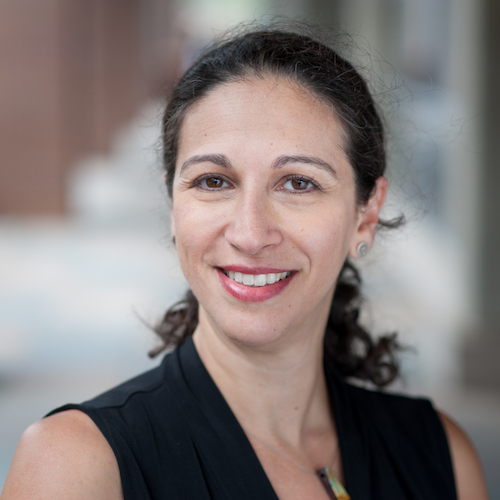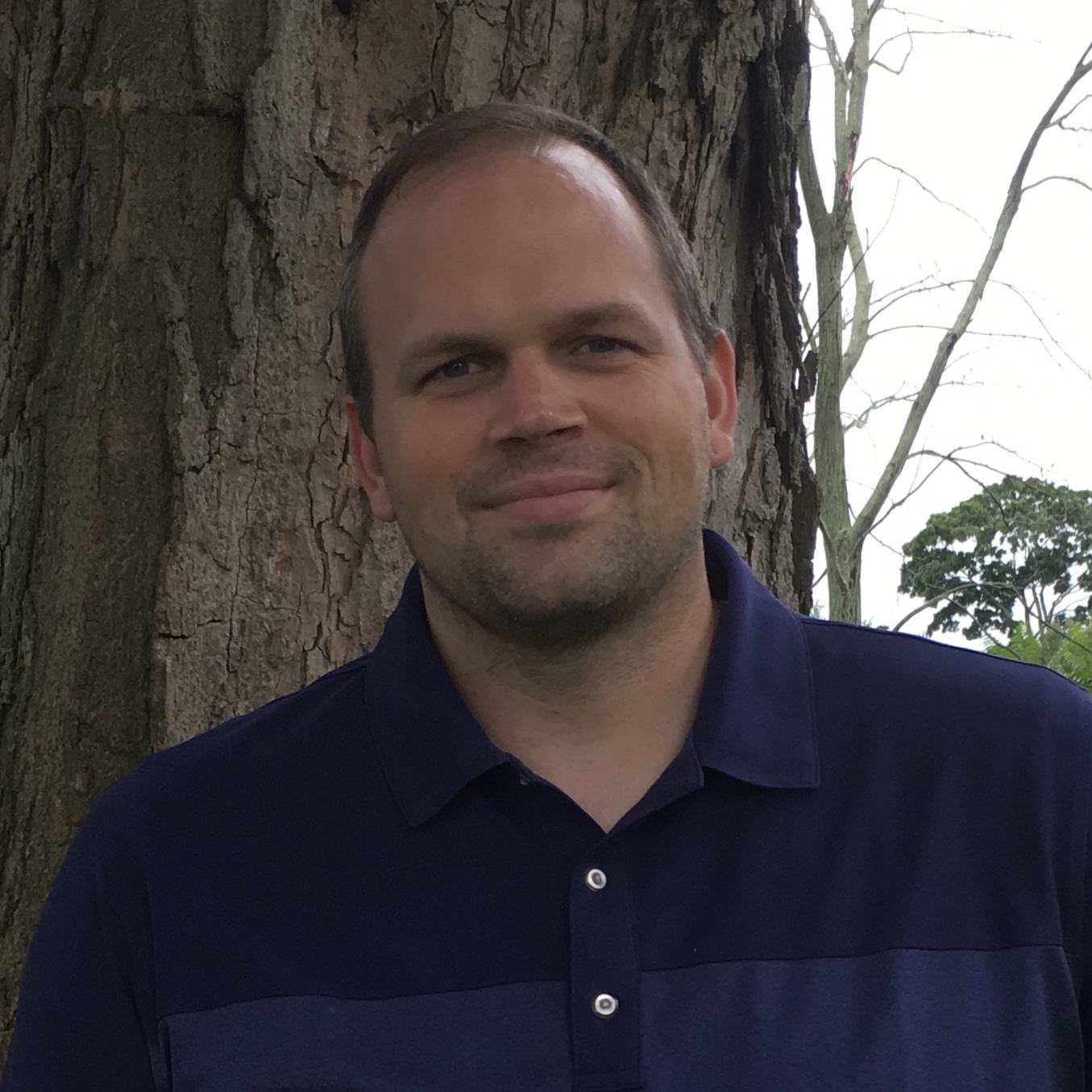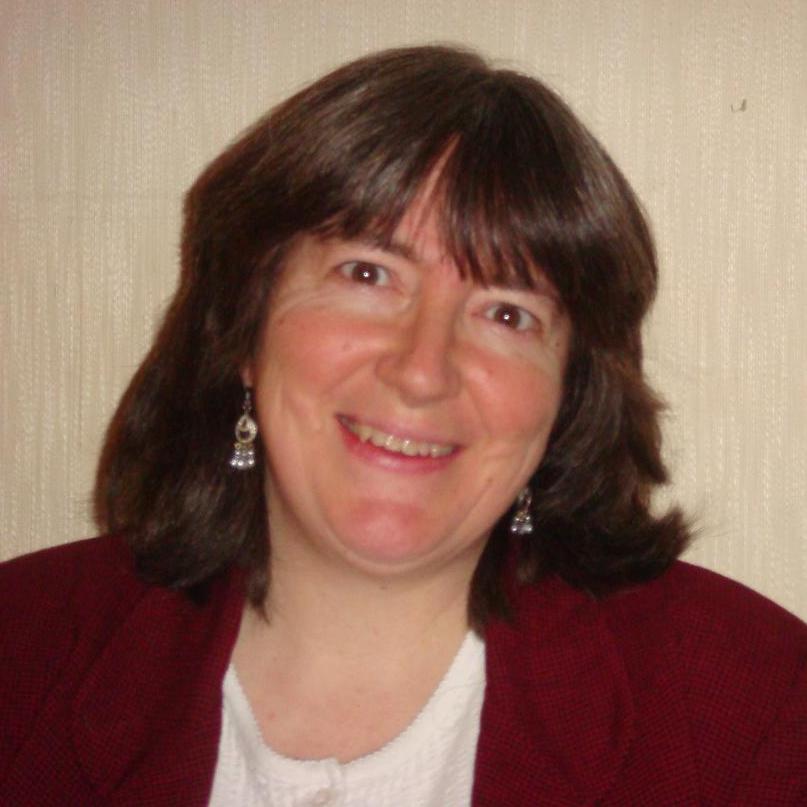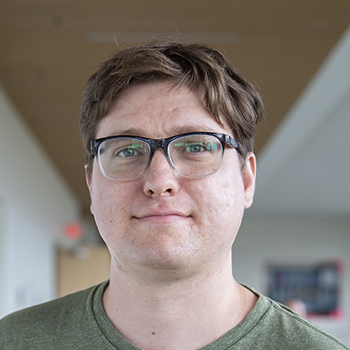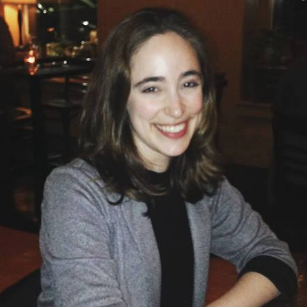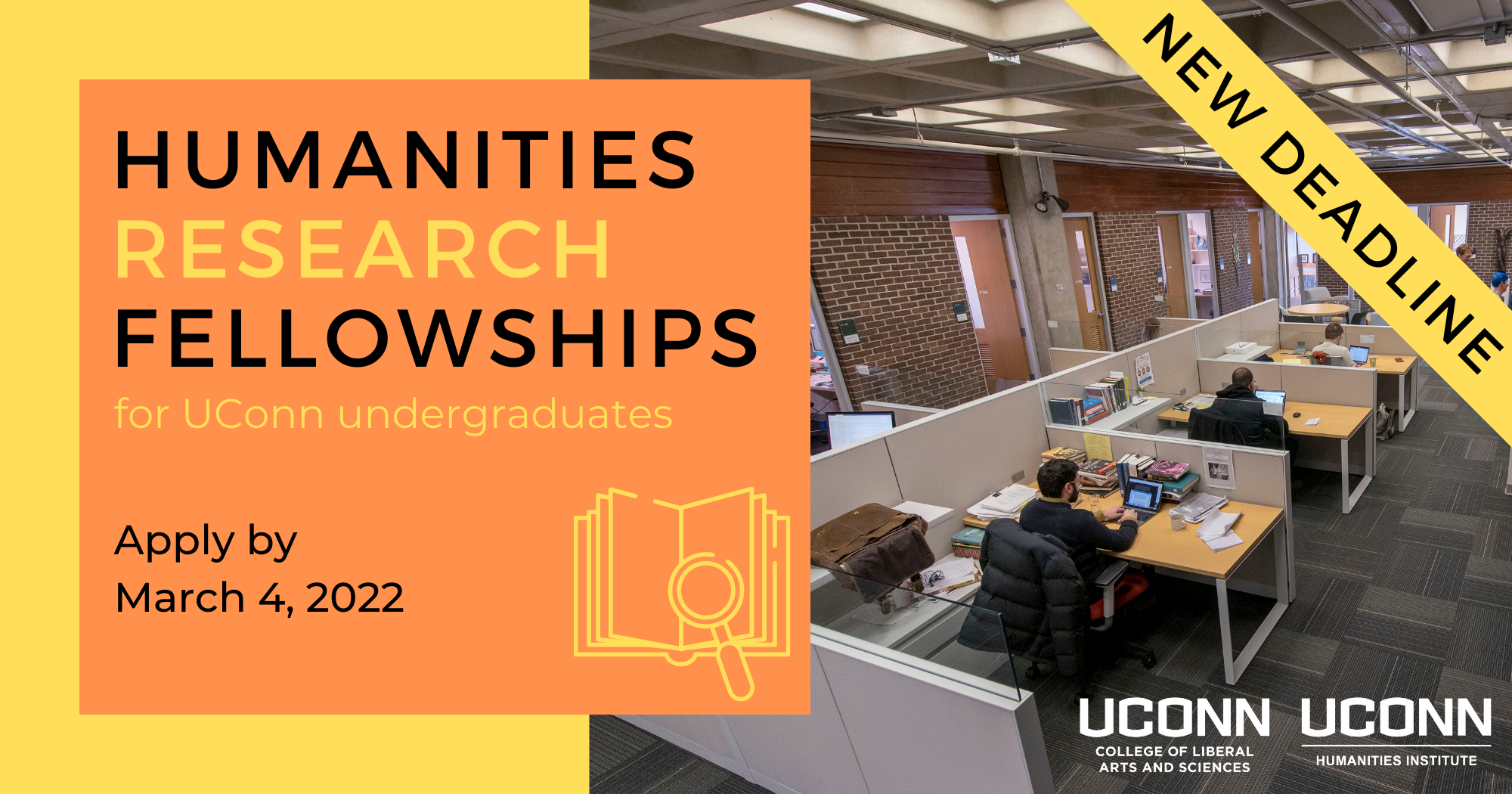
The UConn Humanities Institute (UCHI) and the College of Liberal Arts and Sciences (CLAS) are proud to announce year-long fellowships for undergraduate students pursuing innovative research in the humanities. In this inaugural year of the fellowship, we are offering 2 fellowships.
The fellowship supports a year-long research project supervised by a UConn faculty member. The project should explore big questions about human society and culture and should lead to an original contribution to your area of study. The exact parameters (length, format, etc) will be set by your faculty advisor. Depending on your major and your academic and professional plans, your project may consist of a scholarly research project or a creative product with a significant research component. At the end of the year, students will submit the final project to their faculty advisor, UCHI, and CLAS.
The project should ask questions or explore issues and ideas that feel urgent and exciting to you. We highly encourage proposals for projects that use methods, ideas, and approaches from more than one discipline.
Fellows will be welcomed as members of the Humanities Institute, a lively community of accomplished faculty and graduate student scholars conducting advanced research in the humanities. In addition to immersion in this intellectual community, the fellowship offers:
- A $2,000 scholarship
- A desk/work area at UCHI, located conveniently in Homer Babbidge Library for conducting research
- Bi-weekly check-in meetings
- A public presentation about the project at UCHI in the spring semester
- Participation at UCHI’s events (for example, presentations by visiting scholars and artists) and special opportunities to meet with such visiting speakers
- A field trip or cultural excursion (for example, a visit to a museum or archive) to be announced during the year
- The opportunity to present your work at the Humanities Undergraduate Research Symposium the fall following your fellowship year
- 6 credits for the academic year, through the successful completion of one 3-credit independent study each semester with the UConn faculty member supervising your project
- (For non-Honors students) Admission into the Honors Program through the successful completion of this program, if other Honors admissions criteria are met.
Eligibility
Fellowship applicants should be rising sophomores or rising juniors in good academic standing. Rising seniors are also eligible to apply, but preference will be given to students earlier in their degrees.
Fellows from all campuses are welcome. But fellows are expected to be on the Storrs campus for their bi-weekly meetings. In the event that campus is closed for public health reasons, these meetings will be held virtually and the fellowship will be conducted remotely.
The proposed project should be humanities research. Broadly speaking, the “humanities” means the study of human society and culture. Humanities majors or minors typically include but are not limited to: Africana Studies; American Studies; Anthropology; Art and Art History; Asian and Asian American Studies; English; History; Human Rights; Journalism; Latino and Latin American Studies; Philosophy; Sociology; Women’s, Gender and Sexuality Studies. If you aren’t sure if your project is humanistic, please email uchi@uconn.edu.
Fellows should check individually with the Office of Student Financial Aid Services to ensure that they are eligible to accept the scholarship.
Application
- A Word document with answers to the following questions:
- What is your project’s title?
- What big question(s) is your project asking, and why are those questions important to you, your community, and society? (maximum 300 words)
- What is your plan for the project? What work will you do to try to answer its questions? (maximum 300 words)
- How do you think working on this project contributes to your own goals? (maximum 200 words)
- Optional question: Are there additional factors in your background or life experience that would help you benefit from this opportunity? Discuss social, economic, educational, or other obstacles, as appropriate. (maximum 300 words)
- A writing sample of your best research and writing (for example, your best final paper).
- One letter of recommendation from a UConn faculty member that also includes their willingness to supervise the project over the course of an academic year.
- An unofficial transcript.
Deadline: Friday, March 4, 2022
All questions and application materials can be sent to uchi@uconn.edu.
We are hosting an information session for prospective applicants on January 27, 2022 at 2:00pm.
Please know while we will make every effort to review submissions as soon as possible, the materials you submit may not be reviewed immediately upon receipt. Please note that all University employees are mandated reporters of child abuse or child neglect. In addition, UConn employees have responsibilities to report to the Office of Institutional Equity student disclosures of sexual assault and related interpersonal violence; any information you submit in this application is subject to UConn reporting policies. If you feel you need more immediate assistance or support, we encourage you to reach out to the Dean of Students Office and/or Student Health and Wellness- Mental Health. In addition, if you have concerns related to sexual harassment, sexual assault, intimate partner violence and/or stalking, we encourage you to review the resources and reporting options available at: https://titleix.uconn.edu
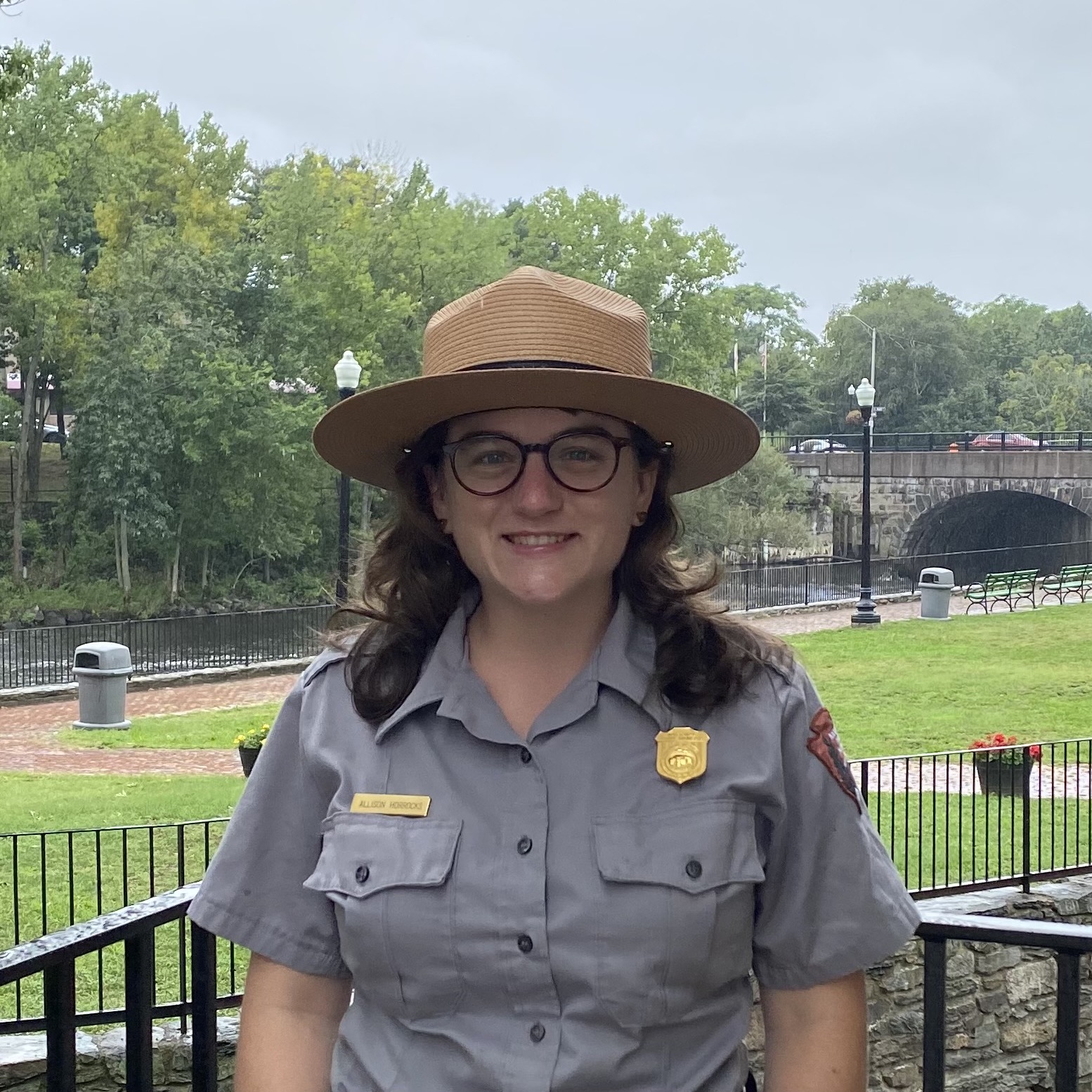 2015–16 Dissertation Research Scholar Allison Horrocks is a public historian. She works as a Park Ranger at Blackstone River Valley National Historical Park in Pawtucket, RI. Allison is also the co-host of the podcast
2015–16 Dissertation Research Scholar Allison Horrocks is a public historian. She works as a Park Ranger at Blackstone River Valley National Historical Park in Pawtucket, RI. Allison is also the co-host of the podcast 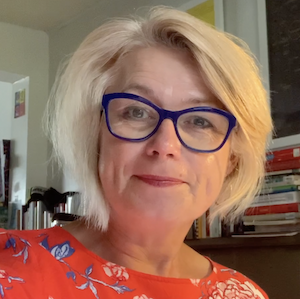 2006–2007 faculty fellow Anke Finger is professor of German, Media Studies, and Comparative Literary and Cultural Studies in the department of Literatures, Cultures, and Languages at UConn. A co-founder and co-editor (2005–2015) of the multilingual, peer reviewed, open access journal
2006–2007 faculty fellow Anke Finger is professor of German, Media Studies, and Comparative Literary and Cultural Studies in the department of Literatures, Cultures, and Languages at UConn. A co-founder and co-editor (2005–2015) of the multilingual, peer reviewed, open access journal 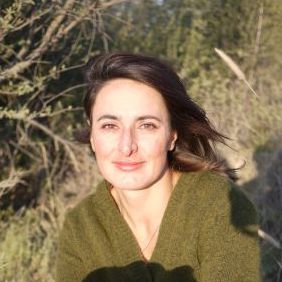 2004–2005 faculty fellow V. Penelope Pelizzon’s last poetry collection, Whose Flesh Is Flame, Whose Bone Is Time, was published in 2014 (Waywiser Press). Pelizzon’s awards include a 2020 Quarterly West editor’s choice award for her chapbook Of Vinegar Of Pearl, a 2019 Hawthornden Fellowship, an Amy Lowell Traveling Scholarship, and the Center for Book Arts chapbook award for her collection Human Field. New poems from her next book appear or are forthcoming in Tin House online, Ecotone, 32 Poems, The Bennington Review, The Gettysburg Review, The New England Review, The Harvard Review, Plume, and Orion.
2004–2005 faculty fellow V. Penelope Pelizzon’s last poetry collection, Whose Flesh Is Flame, Whose Bone Is Time, was published in 2014 (Waywiser Press). Pelizzon’s awards include a 2020 Quarterly West editor’s choice award for her chapbook Of Vinegar Of Pearl, a 2019 Hawthornden Fellowship, an Amy Lowell Traveling Scholarship, and the Center for Book Arts chapbook award for her collection Human Field. New poems from her next book appear or are forthcoming in Tin House online, Ecotone, 32 Poems, The Bennington Review, The Gettysburg Review, The New England Review, The Harvard Review, Plume, and Orion. Paul Bloomfield was a 2007–2008 UCHI faculty fellow and
Paul Bloomfield was a 2007–2008 UCHI faculty fellow and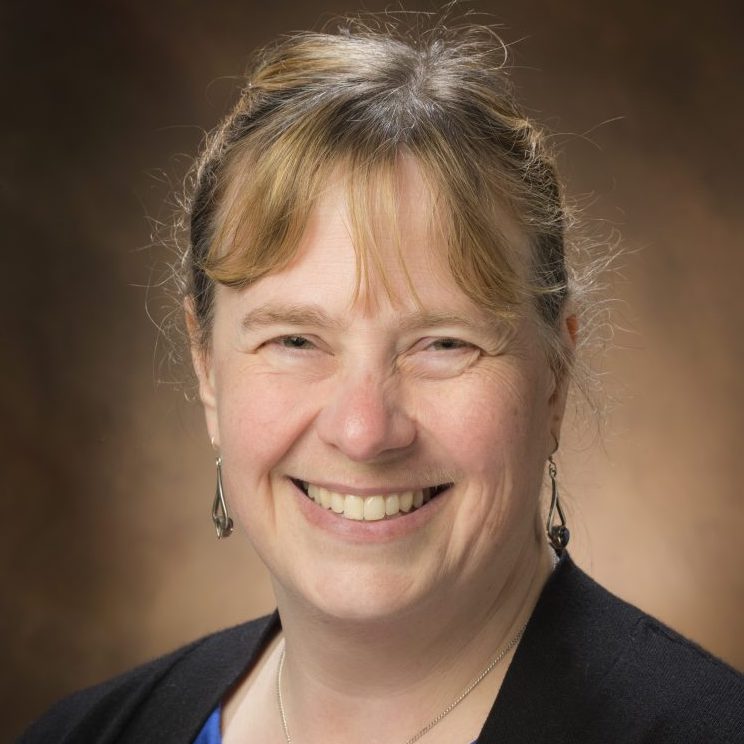 Alea Henle was a 2011–12 dissertation research scholar. A librarian and historian, she is now is Head of Access & Borrow at Miami University. She has a Masters in Library Science from Simmons College and a Ph.D. in History from the University of Connecticut. Over the past years, she’s worked in libraries from Washington, D.C. to Colorado to New Mexico and taught classes in history, librarianship, archives, and records management. Her research interests center on how decisions in libraries, archives, research centers, and commercial database providers increasingly shape the resources available–making materials paradoxically both easier and more difficult to locate.
Alea Henle was a 2011–12 dissertation research scholar. A librarian and historian, she is now is Head of Access & Borrow at Miami University. She has a Masters in Library Science from Simmons College and a Ph.D. in History from the University of Connecticut. Over the past years, she’s worked in libraries from Washington, D.C. to Colorado to New Mexico and taught classes in history, librarianship, archives, and records management. Her research interests center on how decisions in libraries, archives, research centers, and commercial database providers increasingly shape the resources available–making materials paradoxically both easier and more difficult to locate.